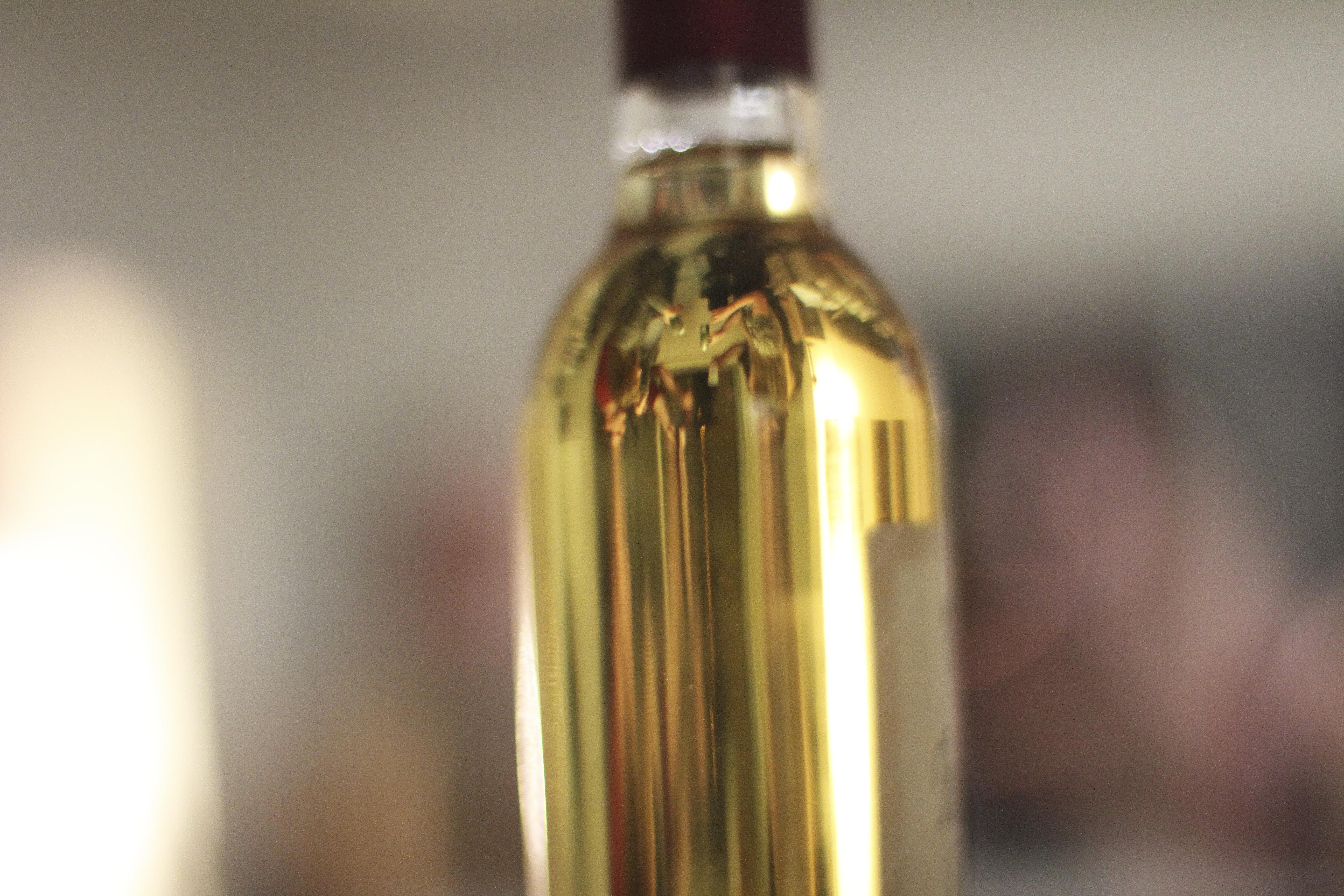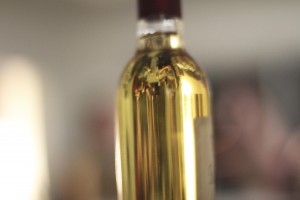Binge drinking poses large risks


A night out with friends could end up turning into a trip to the hospital or jail due to binge drinking.
2008 statistics from Stats Canada had an estimated 25.1 per cent of males and 9.6 per cent of females report heavy drinking. Comparatively, according to the 2011 Monitoring the Future Study, 36 per cent of American college students report that they had been binge drinking.
The working definition of binge drinking entails five drinks in a two-hour period for males, while females it is considered binge drinking if they have had four drinks in that same time span. Wilfrid Laurier University psychology professor Bruce McKay claims that this definition is not helpful.
“This definition does not consider factors such as an individuals’ body weight or emotional circumstances,” McKay said.
“Such factors are not considered, and I think that these make a big difference in the definition.”
McKay also shared that binge drinking is not harmless, as it carries plenty of dangers that will cause harm to the drinker and those surrounding the drinker. One of the most common examples is drink tampering, which can lead to sexual assault. In some extreme cases, death has been an outcome from binge drinking due to overdose effects, drinking and driving or careless harm reduction approaches.
“The number one way in which people die from binge drinking is when the drinker passes out and is left to sleep it off,” McKay explained.
“If a person passes out during a drinking game because of the alcohol in their system, get them away from the drinking and call 911 immediately,” he advised. “Until the ambulance arrives, roll the passed out drinker on their side in a drowning position so they don’t choke on their own vomit.”
Executive officer for the Waterloo Regional Police Service (WRPS) Kevin Thaler has witnessed many students endanger their lives because of the excessive consumption of alcohol. However, he has also seen alcohol inspire very belligerent behaviour from certain individuals. Actions such as vandalism and fighting leads to trouble with the law, and it comes with startling consequences.
“We’ll see violent episodes from people who are not violent when they are sober who make some very bad choices and they won’t have a criminal record,” Thaler said.
“But they will lash out with a beer bottle and strike somebody. When you open someone up for stitches, you’re looking at jail. That’s whether or not you’ve got a criminal record.”
Thaler also mentioned that once an individual is charged for a criminal offense, it remains on record for the rest of their lives. If the individual is able to avoid trouble for five years and request a pardon, the criminal record will not show. Despite this, more complications can arise.
“That affects your international travel and at the university level. We’ve had some cases of violence where action was taken by the university and students were expelled. There are a series of consequences. The universities won’t tolerate bad behaviour,” Thaler explained.
“It might be funny at the time, but there is a victim attached at the other end”
A former student at York University, who wishes to be unnamed, jeopardized his future career search when he got in trouble with the law. Under the influence of approximately seven beers, he got into a fight in public. Before it escalated into anything serious, the police arrived and arrested him.
“I didn’t think it was a big deal at the time. I thought that this was going to be something I would look back on and laugh at how stupid I was,” he said.
“But the truth is, I’m just looking back and being angry at how stupid I was. No respectable business wants to hire someone who has a blemish on their record. If I had known that all of this would have happened, I wouldn’t have gone drinking that night.”
He also shared that he drank often due to the stress and pressures of doing well in school, as well as coping with an unhealthy home environment. According to McKay, this scenario is not uncommon amongst binge drinkers.
“There is this assumption that students live a pristine life and then when they come to university, that corrupts them. That is not the case,” McKay shared.
Excess drinking may be a result of difficulties experienced or habits acquired before attending university.
While McKay and Thaler both agree that it is unrealistic to completely obliterate drinking from the universities, both recommended that students use their common sense and drink responsibly


